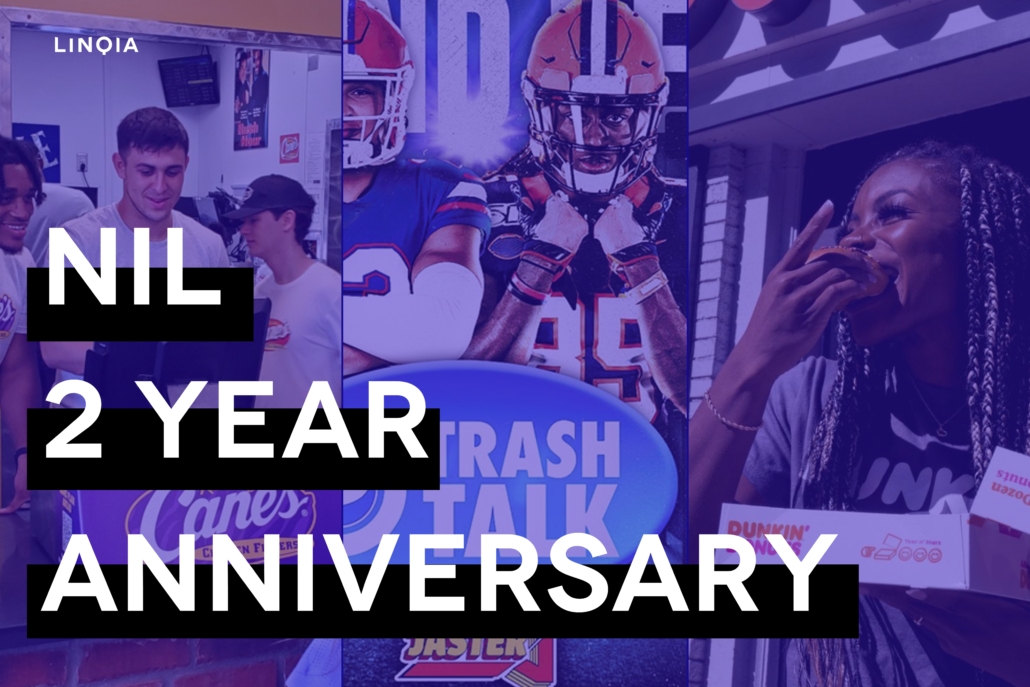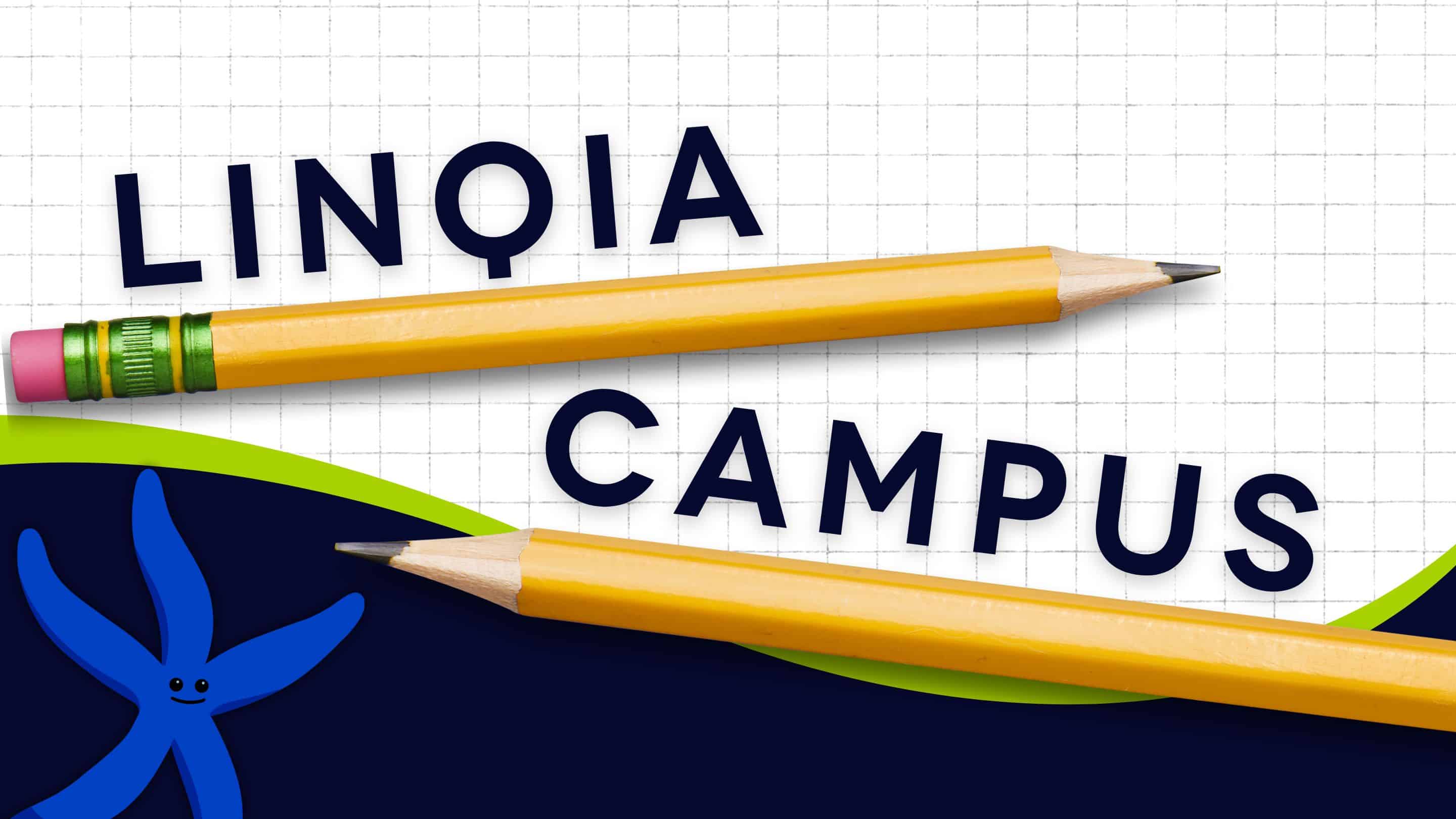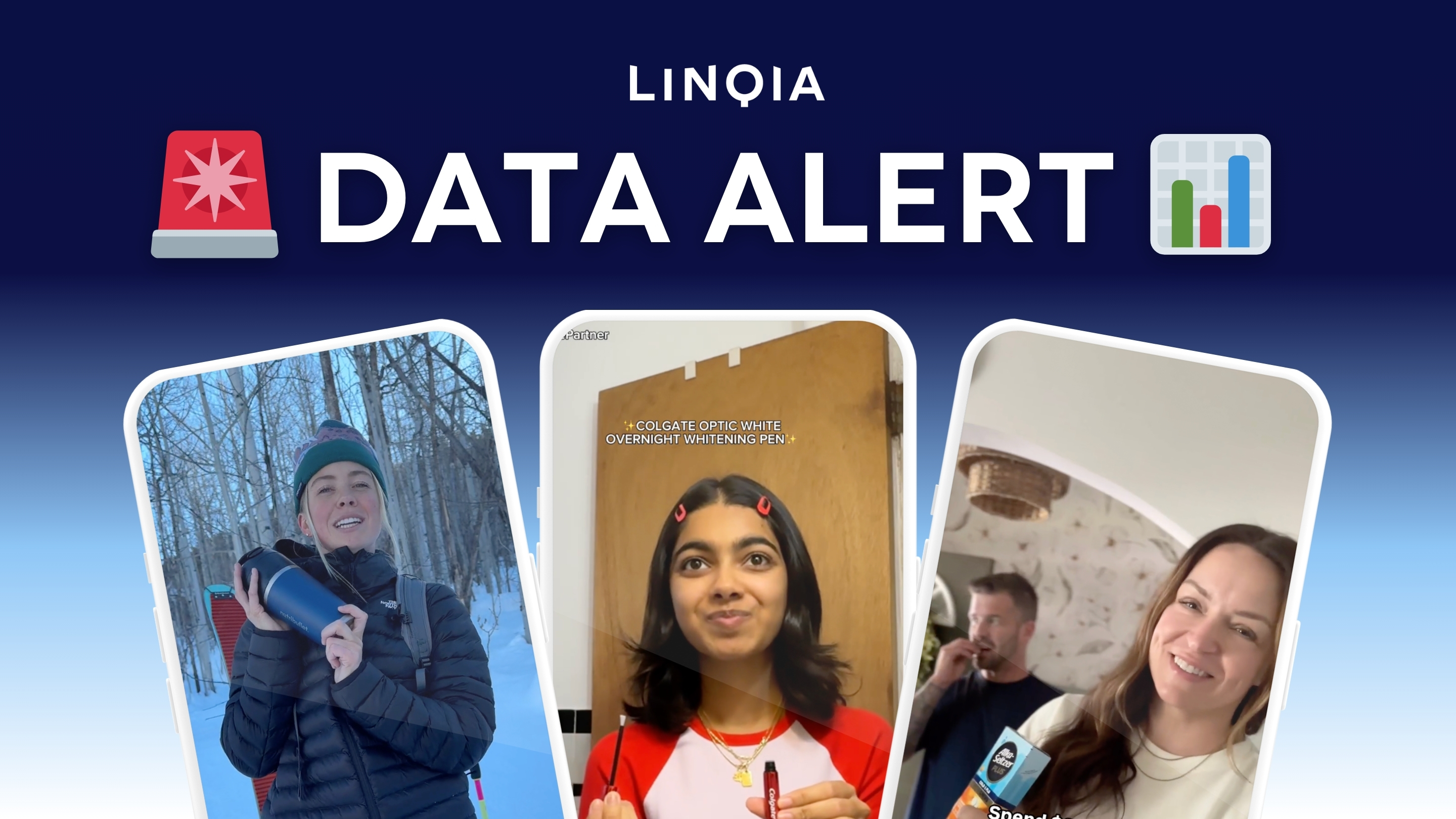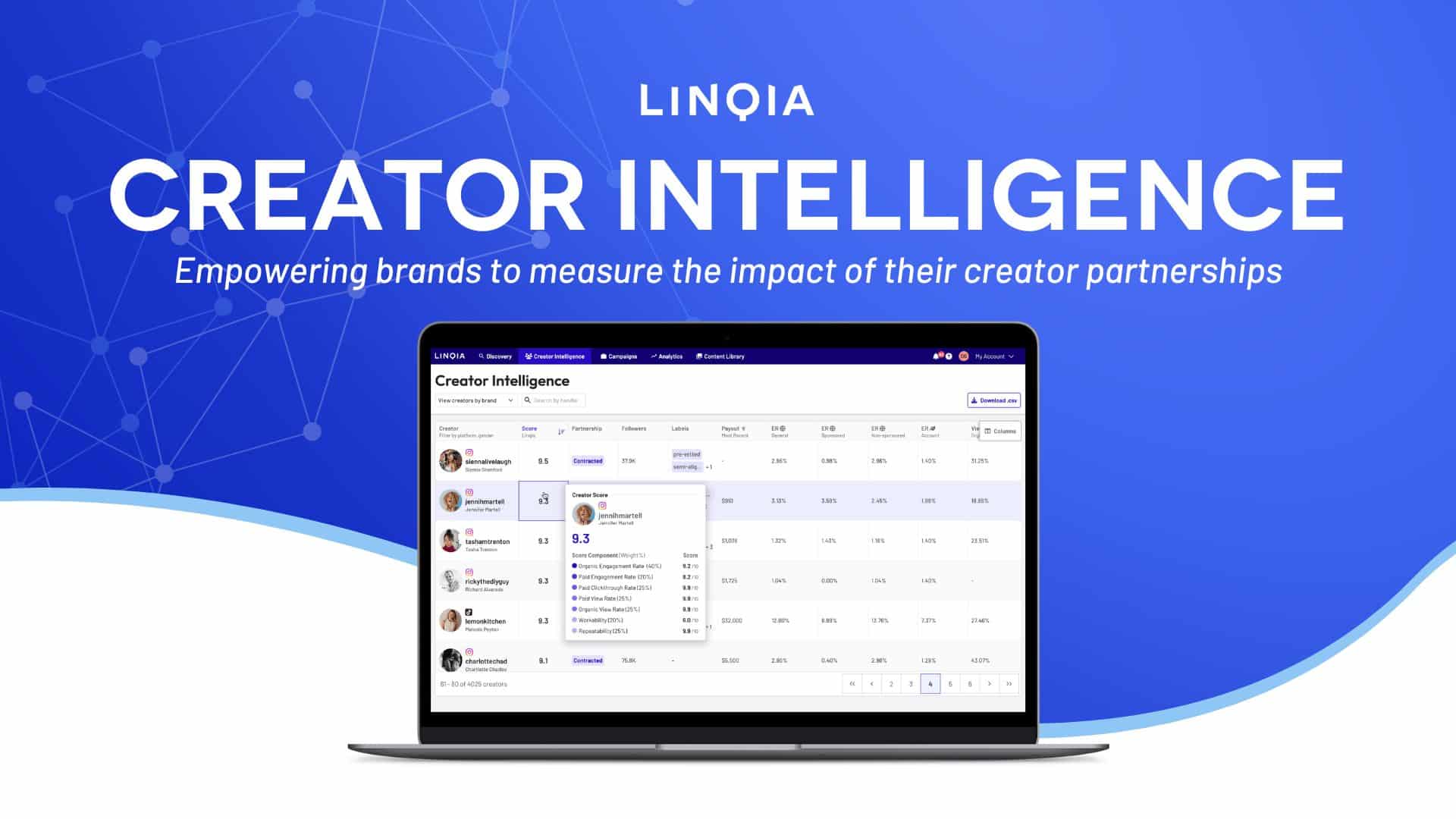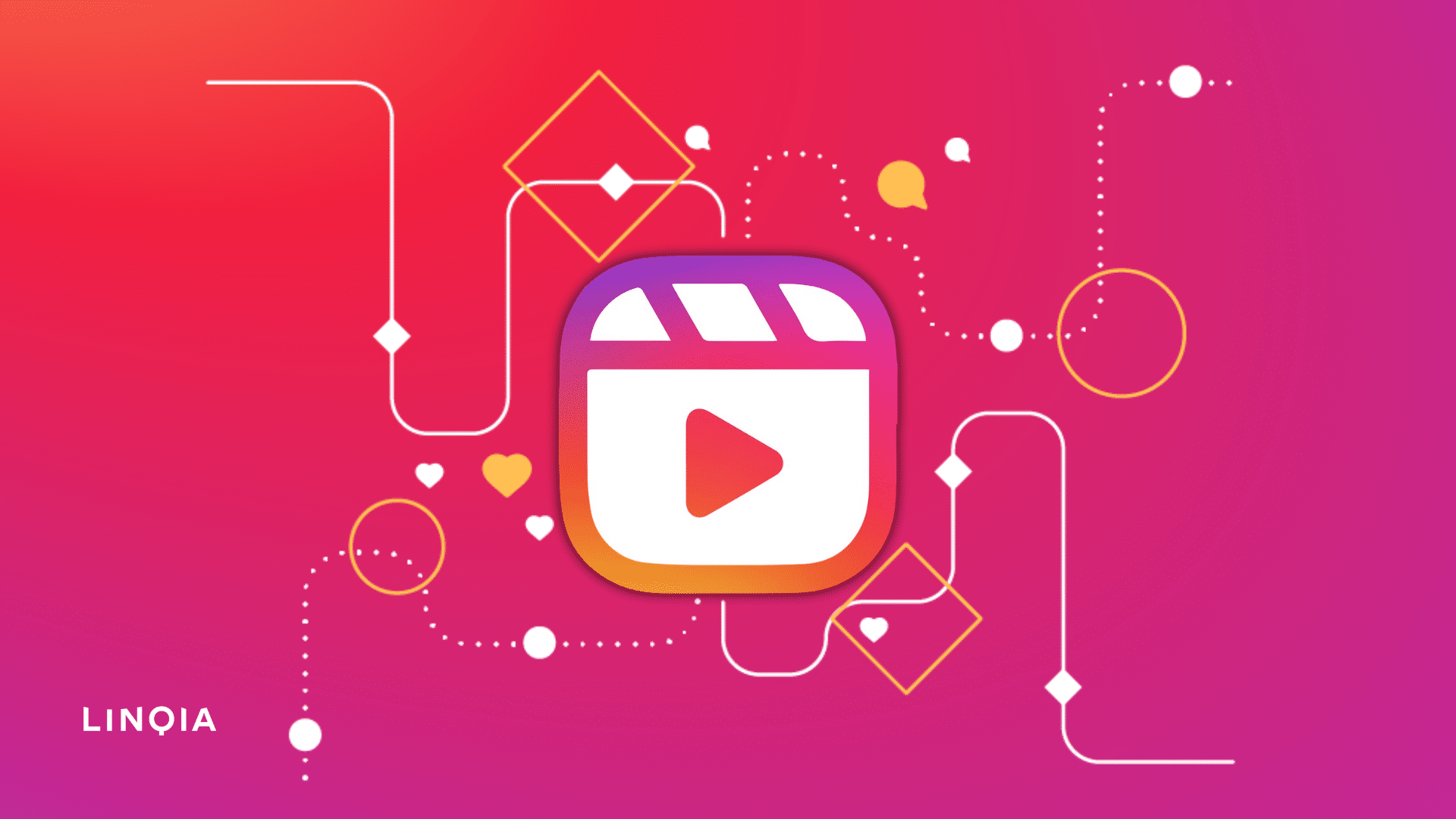🎉🏀 Anniversary of NIL: Celebrating 2 Years of Change for NIL athletes! 🎉🏈
It’s been two years since the NCAA changed the rules on name, image, and likeness (NIL), allowing college athletes to profit off their own brands. In that time, we’ve seen a sea change in the college sports landscape, as athletes have begun to cash in on their newfound opportunities, and the gap between being an athlete and creator shrinks.
What have we learned?
- NIL has the potential to level the playing field for college athletes. In the past, only the biggest stars were able to make money off their name, image, and likeness. But now, any athlete can potentially find sponsors and earn money, regardless of their sport or school.
- NIL is creating new opportunities for athletes to build their brands. Athletes are now able to partner with brands, create social media content, and even start their own businesses. This is giving them a chance to build their own personal brands and set themselves up for success after college.
- NIL is still evolving, and there are still some challenges to overcome. For example, there is still no clear consensus on what constitutes an impermissible benefit under NIL rules. Additionally, some schools have been slow to implement NIL policies, which has created confusion for athletes and their families.
What is the data showing (courtesy of The Publish Press)?
- NIL deals have grown 146% year-over-year since 2021.
- 17% of college athletes at Division I schools participated in NIL activities in 2022. That number is growing fast at certain schools—for example, 40% of Texas Tech’s student athletes participate in NIL deals.
- Student athletes have made $917 million in NIL deals from 2021–22, according to Opendorse estimates.
- 55% of NIL deals amount to endorsement deals on Instagram.
What are our favorite NIL partnerships?
#PepsiTrashTalk
Pepsi partnered with a dozen college football players for its #PepsitTrashTalk TikTok campaign to promote plastic bottle recycling. The campaign reflects the company’s commitment to promoting sustainability and environment responsibility. By partnering with college athletes and leveraging their social media platforms, the campaign cultivates both loyalty and brand affinity by embracing causes and values that resonate with consumers. In this example, Syracuse Football player Courtney Jackson duets with Pepsi on TikTok.
Raising Cane’s
Raising Cane’s has successfully engaged with both college athletes and local sports teams through their strategic NIL partnerships. LSU football players, including Jack Bech, BJ Ojulari, Kayshon Boutte, John Emery Jr., and Maason Smith, delighted LSU Tiger fans by taking over the Raising Cane’s near the Tigers’ Baton Rouge, La., campus as part of their own NIL deal.
Serving patrons at the counter and even through the drive-thru, these star players added excitement and engagement to the dining experience. Raising Cane’s, having been founded in Baton Rouge, proves to be the ideal partner for LSU football, showcasing a strong “Our Home Team & Hometown” sentiment. The players’ presence on billboards throughout the Baton Rouge area further solidifies the connection between the team, the community, and Raising Cane’s.
Dunkin Donuts
Pitt student-athletes secured an NIL deal with Heartland Restaurant Group, which owns and operates 70 Dunkin’ locations. As part of the agreement, these athletes will work at Dunkin’ and share their experiences on social media to promote job opportunities. The campaign, coordinated by Consult Box and Jaster Athletes, involves 15 athletes from various sports. Their creative posts feature behind-the-counter moments and favorite menu items, emphasizing Dunkin’s hiring needs. This unique partnership aims to draw attention, with its momentum-building approach and focus on brand alignment.
What’s next for NIL?
The future of NIL is still uncertain, but there are a few trends that are likely to continue. First, we can expect to see more and more college athletes participating in NIL activities. Second, we can expect to see more creative and innovative ways for athletes to monetize their brands, from athlete merch deals to affiliate agreements. Third, we can expect to see more regulation of NIL, as the NCAA and state governments continue to grapple with the implications of this new era of college sports.
The NCAA is currently looking to pass a bill in Congress that more effectively regulates the ways college athletes are compensated for endorsements and the shares their agents can take for such deals, so this will clearly be an evolving story over the coming months.
Want to learn more? Check out the below:
